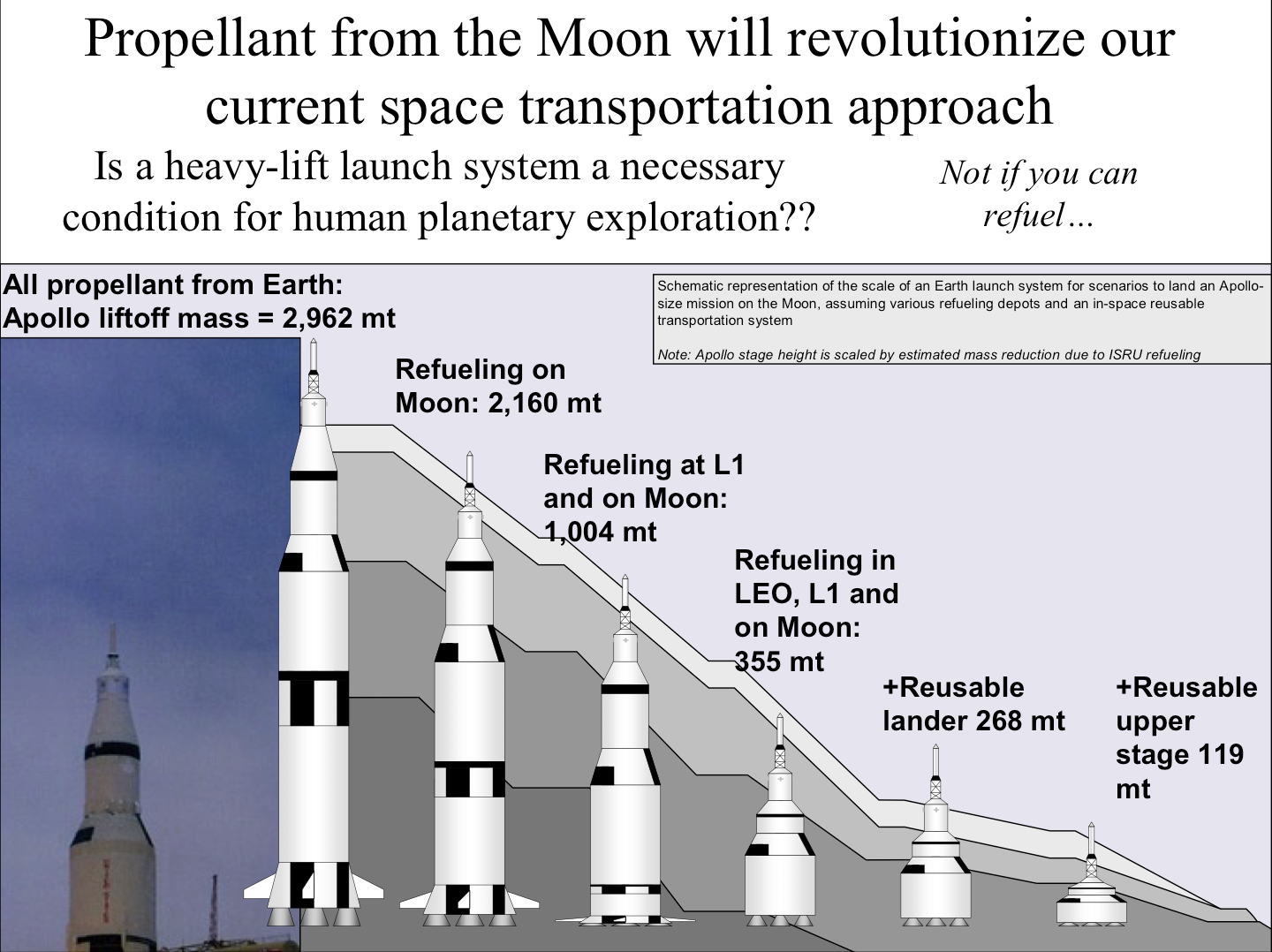Me, neither.
The simplest explanation is that the president has sustained his delusions on this issue from at least 2008.
Me, neither.
The simplest explanation is that the president has sustained his delusions on this issue from at least 2008.
They’re taking Obama’s lead, and turning on it.
There has to be a point at which, at long last, they lose the Jewish vote.
Though to be fair, he’s actually screwing over the Arabs, too, favoring Persia.
[Update a few minutes later]
Sorry, broken link is fixed now.
Matt Welch, on the lynch mob against the pizzeria. Also, Scott Ott.
I’ll have my own thoughts on the anti-Christian fascists in Indiana later, at PJMedia.
[Update a while later]
[Update later morning]
Tim Cook’s hypocrisy on Indiana.
[Update early afternoon]
Ace takes on Bill Quick in an epic rant.
[Mid-afternoon update]
Libertarians must stand up for religious liberty.
Absolutely.
A nice video, from Frank Zegler at ULA.
[Update a few minutes later]
Why SLS is insane.

An interesting story on the state of the art. It’s still terrible.
I think he’s too pessimistic, though, and ignores the technology that will probably create the breakthrough: 3-D printing.
For the record, I do think this is a real problem. As I’ve noted in the past, I’ve often wondered if the teen birth rate is down simply because boys who learn about sex from porn are too dumb to ejaculate into the woman’s vagina.
Won’t face any charges. Because “not a smidgen of corruption.”
Here’s background of all her criminality, from a year ago.
With the final season about to start, reminiscences from cast and writers.
…is not the enemy.
It’s almost like everything we’ve been taught about nutrition for the past several decades is BS.